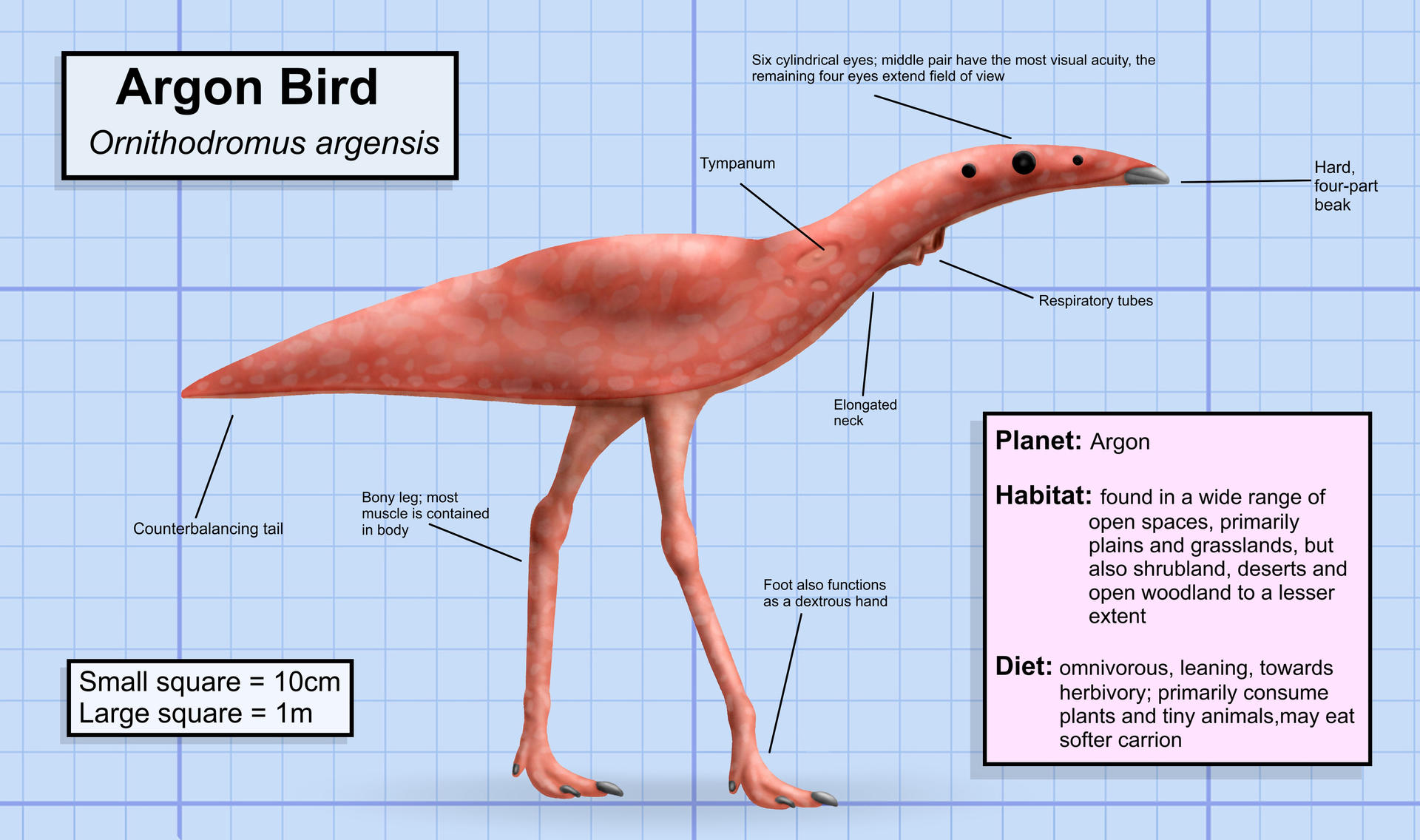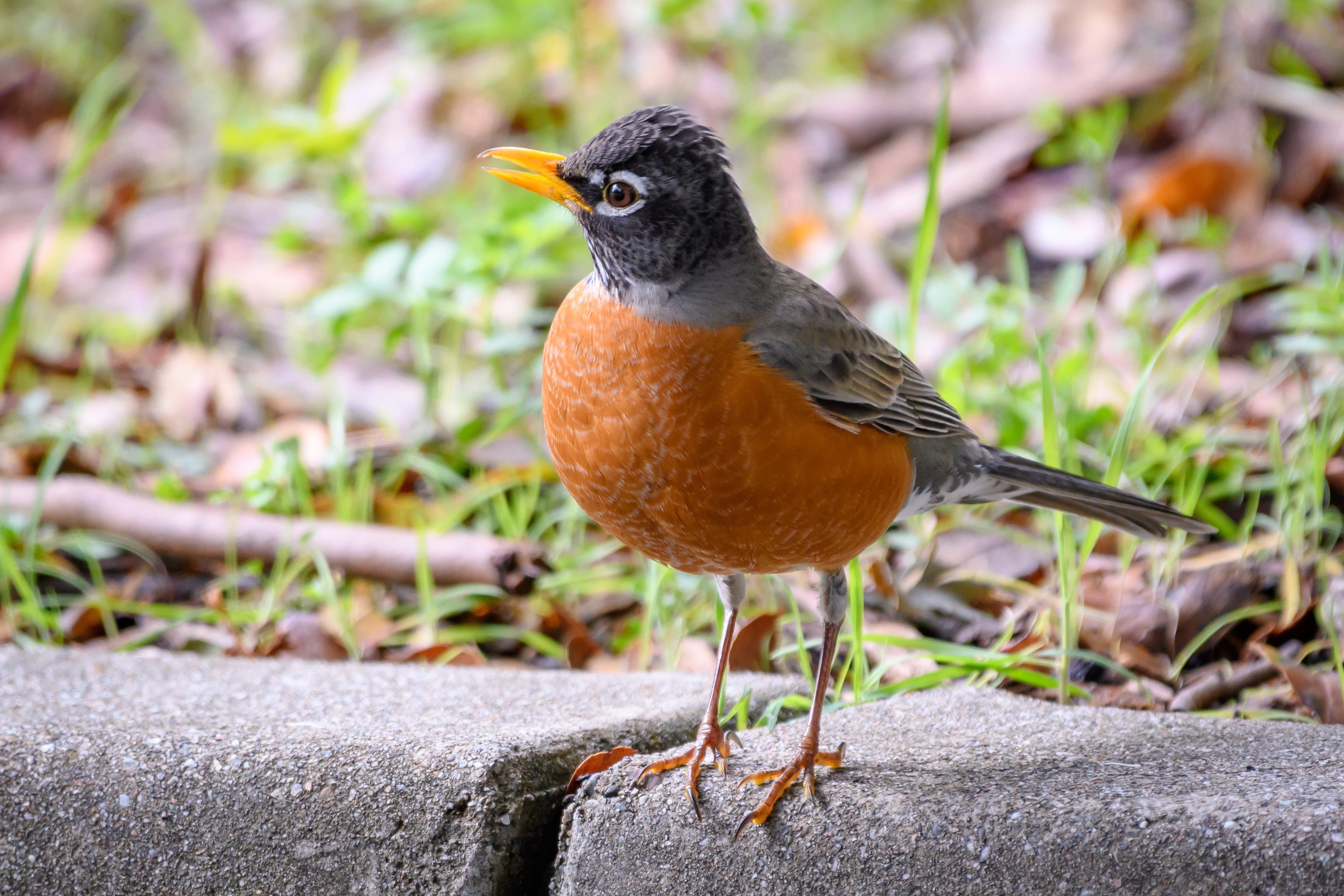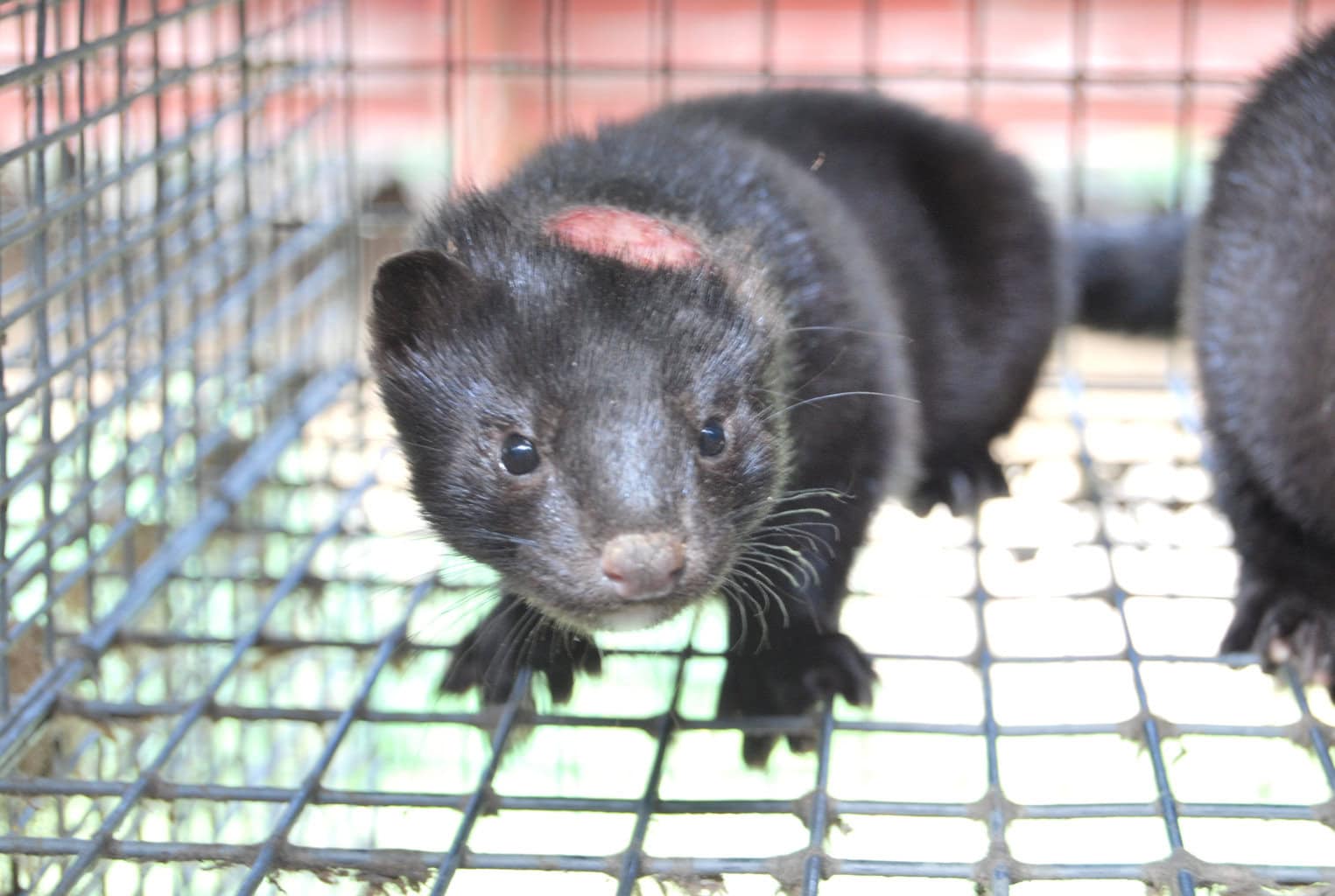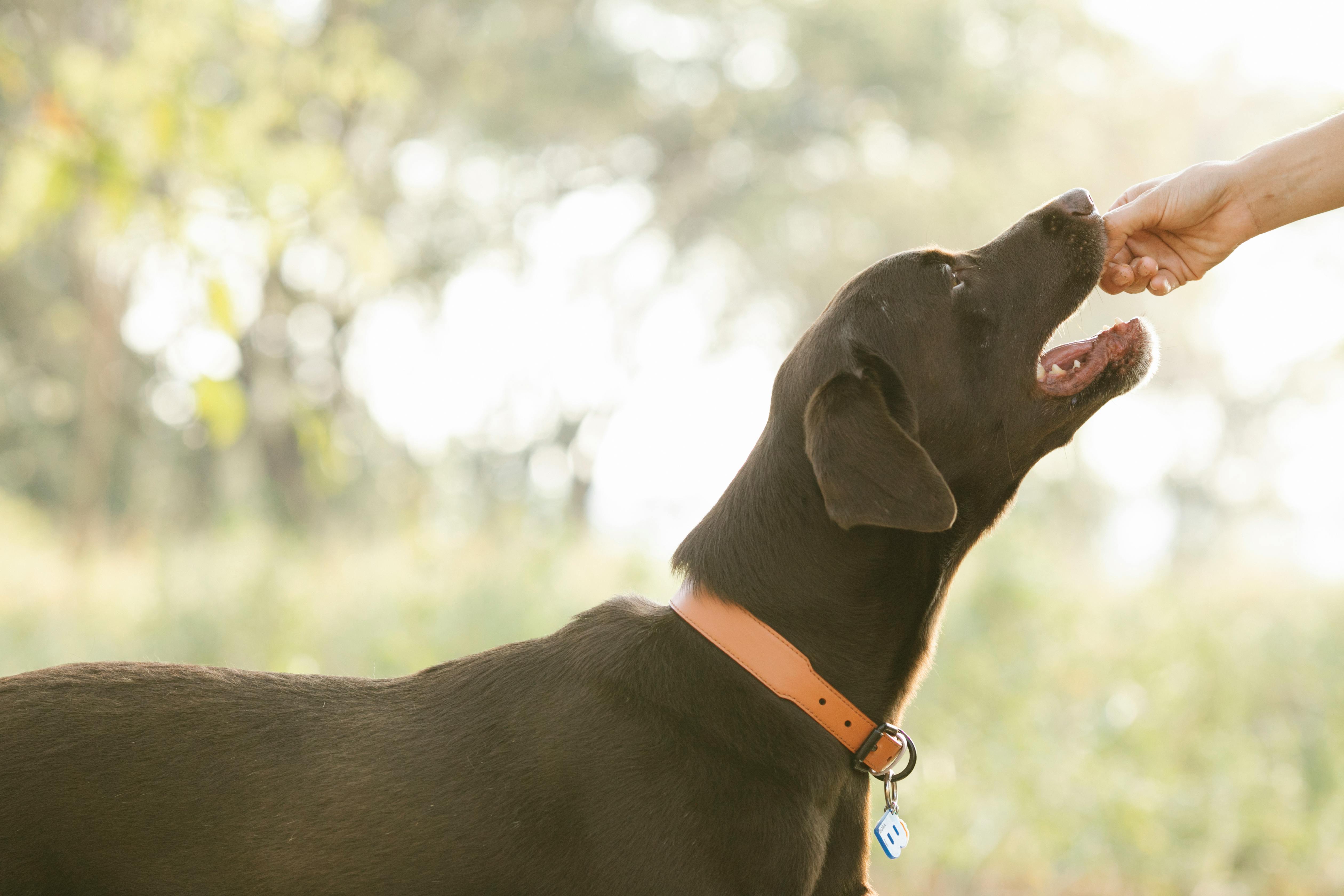Introduction: What to Do If Your Dog Eats Bird Poop

Bird poop may not be the most pleasant topic, but it’s a curious fascination for many dogs. As a dog owner, you’ve probably witnessed your furry friend indulging in this unsavory habit. While it may seem harmless or even amusing, it’s important to understand the potential health risks involved and take proactive measures to keep your canine companion safe.
In this comprehensive guide, we will explore why dogs eat bird poop, the health risks associated with this behavior, and effective prevention strategies. We will also provide guidance on what to do if your dog consumes bird poop, ensuring their well-being remains the top priority.
Dogs are naturally curious creatures with a penchant for scavenging. Their attraction to the taste and texture of bird droppings stems from their innate exploratory instincts. However, it’s crucial to recognize that consuming bird poop can pose health risks for dogs. Bird droppings may harbor bacteria, parasites, and other pathogens that can cause illnesses, especially if consumed in large quantities or if the bird is carrying an infection.
As responsible pet owners, it’s essential to address this behavior and take appropriate measures to protect our furry companions. This article aims to equip you with the knowledge and strategies needed to navigate this peculiar canine inclination.
Throughout the following sections, we will delve into the reasons behind dogs’ attraction to bird poop, the potential health risks, and practical prevention strategies. We will also discuss the necessary steps to take if your dog happens to indulge in this unsavory habit, ensuring a swift and appropriate response.
Remember, while eating bird poop might not always lead to immediate health concerns, it’s crucial to take preventive action to safeguard your dog’s well-being. By understanding the underlying reasons, potential risks, and effective countermeasures, you can confidently address this issue and ensure a healthy and happy life for your beloved canine companion.
So let’s explore the fascinating world of dogs and bird poop as we uncover the reasons, risks, prevention strategies, and necessary actions to take when our furry friends decide to embrace their inner ornithologist.
Reasons Why Dogs Eat Bird Poop

Dogs eating bird poop is a common behavior, and there are several reasons behind it. Understanding these reasons can help pet owners effectively address the issue.
A. Attraction to the Taste
One primary reason dogs are drawn to bird droppings is the taste. Canines possess a highly developed sense of smell, and the distinct odor of bird feces can be enticing to them. Moreover, bird droppings often contain undigested seeds, berries, and insects, which may offer a unique flavor profile that appeals to dogs.
B. Curiosity
Dogs are naturally curious creatures, and their inquisitive nature can lead them to investigate unfamiliar objects, such as bird droppings. The presence of birds perching or flying overhead may capture a dog’s attention, triggering their curiosity to explore and potentially consume the droppings. This behavior is particularly common in dogs with a strong prey drive or a keen interest in chasing small animals.
C. Lack of Nutrition
![]()
In some cases, dogs may resort to eating bird poop due to an underlying nutritional deficiency in their diet. If a dog’s regular meals lack essential nutrients, they may be compelled to seek alternative sources to fulfill their nutritional needs. Bird droppings, albeit unappetizing to humans, can contain traces of nutrients from the birds’ diet. Dogs instinctively try to compensate for any nutritional imbalances they may be experiencing, and consuming bird droppings becomes a misguided attempt to address this deficiency.
It’s important to note that while these are common reasons behind dogs eating bird poop, not all dogs exhibit this behavior, and individual dogs may have their own unique motivations. Furthermore, consuming bird droppings can pose health risks to dogs, so it’s crucial to discourage this behavior and seek veterinary advice if necessary.
In the following sections, we will explore the potential health risks associated with dogs eating bird poop and provide effective prevention strategies to proactively address this issue.
Potential Health Risks of Eating Bird Poop

Dogs have a peculiar habit of munching on things they shouldn’t, and bird poop is no exception. While it may seem harmless or even amusing, there are potential health risks associated with this behavior that dog owners should be aware of. In this section, we will explore the dangers of dogs consuming bird droppings, including the risk of contracting diseases and the gastrointestinal issues that can arise.
Contracting Diseases
Bird poop can harbor various bacteria, viruses, and parasites that pose health risks to dogs if ingested. Let’s take a closer look at some common diseases that can be contracted from bird droppings:
-
Salmonellosis: Dogs can contract salmonellosis from contaminated bird feces, leading to symptoms such as diarrhea, vomiting, and fever. It’s important to note that dogs can also transmit the infection to humans, so proper precautions should be taken.
-
Campylobacteriosis: Bird droppings may contain Campylobacter bacteria, causing gastrointestinal issues in dogs, such as diarrhea and abdominal pain.
-
Avian Influenza: Although rare, dogs that consume bird droppings from infected birds can potentially contract avian influenza. This viral infection can cause respiratory symptoms and, in severe cases, even lead to death. It primarily affects birds, and human cases are uncommon.
-
Histoplasmosis: Dogs can contract histoplasmosis if they ingest bird droppings contaminated with Histoplasma capsulatum spores. This fungal infection affects the respiratory system and may cause symptoms such as coughing, fever, and weight loss.
The likelihood of contracting these diseases depends on factors like the dog’s overall health, specific pathogens present in the droppings, and the dog’s immune system response. Nevertheless, it’s best to err on the side of caution and take preventive measures to minimize the risks.
Gastrointestinal Issues

Ingesting bird droppings can lead to gastrointestinal problems in dogs. Bird feces may contain harmful bacteria and parasites that disrupt the delicate balance of the digestive system. Dogs that consume bird poop may experience:
- Diarrhea: Pathogens in the droppings can irritate the dog’s gastrointestinal tract, leading to loose or watery stools.
- Vomiting: Ingesting bird droppings can trigger the dog’s natural defense mechanism, causing them to vomit in an attempt to expel the foreign substance.
- Abdominal discomfort: The ingestion of bird feces may result in abdominal pain or discomfort, causing the dog to exhibit signs of restlessness or reluctance to move.
Gastrointestinal issues can range from mild to severe, depending on the individual dog and the pathogens present in the droppings. If your dog shows persistent or severe gastrointestinal symptoms after consuming bird poop, it’s crucial to seek veterinary attention promptly.
By understanding the potential health risks associated with dogs eating bird poop, you can take proactive measures to protect your furry friend. In the next section, we will delve into prevention strategies that can help curb this behavior and safeguard your dog’s well-being.
Word count: 312
Prevention Strategies

Bird poop can pose potential health risks to your dog. To prevent them from eating it, you can employ the following strategies:
A. Discourage Bird Poop Eating
Bird droppings can contain harmful bacteria, parasites, and toxins that can make your dog sick. Here are some ways to discourage your dog from consuming bird poop:
-
Obedience training and positive reinforcement: Train your dog to leave bird droppings alone by using obedience techniques. Teach them commands like “leave it” or “drop it” and reward them with treats or praise when they obey.
-
Redirect their attention: If your dog shows interest in bird poop, distract them with a toy or treat. Shifting their focus away from the droppings can help discourage consumption.
-
Utilize bitter-tasting sprays or deterrents: Apply bitter-tasting sprays or deterrents to areas with frequent bird droppings. These products make the droppings less appealing to your dog and discourage them from approaching.
-
Supervise your dog: Closely supervise your dog, especially in areas where birds congregate. This allows you to intervene and redirect their behavior if they attempt to eat bird poop.
B. Keep an Eye on Your Dog

Being vigilant and observant can prevent your dog from consuming bird droppings. Follow these tips to keep an eye on your dog:
-
Watch their behavior: During walks or outdoor activities, pay close attention to your dog’s behavior. Look for signs of interest in bird droppings, such as sniffing or approaching them.
-
Be aware of common areas: Exercise caution in areas where birds tend to congregate, like parks, trees, or rooftops. These places are more likely to have bird droppings.
-
Use a leash: Keep your dog on a leash during walks for better control. This helps prevent them from reaching bird droppings and allows you to quickly redirect their attention.
C. Ensure Your Dog is Receiving Proper Nutrition

Nutritional deficiencies can contribute to your dog’s attraction to bird droppings. Ensure your dog receives a balanced and nutritious diet by following these guidelines:
-
Consult with your veterinarian: Seek advice from your veterinarian to determine your dog’s specific dietary needs based on their age, breed, and health condition. They can recommend a suitable diet plan.
-
Provide a balanced diet: Offer your dog high-quality dog food with the right balance of proteins, carbohydrates, fats, vitamins, and minerals. This fulfills their nutritional requirements and reduces the likelihood of seeking nutrients from alternative sources like bird droppings.
-
Consider supplements: In some cases, your veterinarian may recommend specific supplements to address nutritional deficiencies. Follow their guidance regarding the appropriate supplements and dosage.
By implementing these prevention strategies, you can reduce the chances of your dog consuming bird droppings and protect their health and well-being. In the next section, we will discuss what to do if your dog does eat bird poop.
What to Do If Your Dog Eats Bird Poop

If your dog has consumed bird poop, prompt action is necessary to minimize potential health risks. Follow these steps:
Contact Your Veterinarian
Reach out to your veterinarian immediately. Provide details such as the amount and time of ingestion. They will guide you based on your dog’s health, size, and any underlying conditions.
Administer Medication
Your veterinarian may prescribe dewormers or medications to address bacterial infections. Follow their instructions carefully regarding dosage and administration.
Create a Safe Environment
Ensure your dog has access to clean water and prevent further access to bird poop or harmful substances. Keep their living area clean and sanitized.
Monitor Your Dog’s Health
Watch for changes in appetite, behavior, or overall well-being. Look out for gastrointestinal distress symptoms. Contact your veterinarian if concerned.
Remember, not all instances of ingestion will result in adverse health effects. Seek professional advice to safeguard your dog’s health.
Conclusion

Summary of the Blog
We discussed dogs eating bird poop, reasons behind this behavior, and potential health risks. Strategies to prevent consumption include training, supervision, and proper nutrition.
If your dog eats bird poop, contact your veterinarian for guidance and create a safe environment. Monitor their health closely for symptoms or complications.
Final Thoughts

Ingestion of bird poop by dogs poses health risks. Discourage the behavior, supervise your dog, and provide a balanced diet. Contact your veterinarian promptly if ingestion occurs. Regular check-ups and preventive measures are crucial.
As responsible dog owners, provide a safe environment, practice good hygiene, keep dogs on a leash, and clean up bird droppings. Armed with knowledge and preventive strategies, you can minimize risks and keep your furry companion healthy.
Frequently Asked Questions
FAQ
Q: Is it harmful if my dog eats bird poop?

A: Yes, it can be harmful for your dog to consume bird poop. Bird droppings may contain bacteria, viruses, parasites, and toxins that can lead to various health issues.
Q: What are the potential health risks of dogs eating bird poop?

A: Dogs that eat bird poop can be at risk of contracting diseases such as salmonellosis, campylobacteriosis, avian influenza, and histoplasmosis. Additionally, gastrointestinal problems like diarrhea, vomiting, and abdominal discomfort can occur.
Q: How can I prevent my dog from eating bird poop?
A: To prevent your dog from eating bird poop, you can employ strategies such as obedience training, positive reinforcement, redirecting their attention, using bitter-tasting sprays or deterrents, and closely supervising them in areas where birds congregate.
Q: What should I do if my dog eats bird poop?
A: If your dog consumes bird poop, it is important to contact your veterinarian immediately. They can provide guidance based on your dog’s health and any potential risks. They may recommend medication, and you should create a safe environment for your dog while monitoring their health closely.
Q: Are there any long-term effects if my dog eats bird poop?
A: The long-term effects of a dog eating bird poop can vary depending on the specific circumstances and the dog’s overall health. While not all instances will result in adverse effects, it is important to seek professional advice and take preventive measures to safeguard your dog’s health. Regular check-ups and proper preventive care are crucial for their well-being.

Leave a Reply